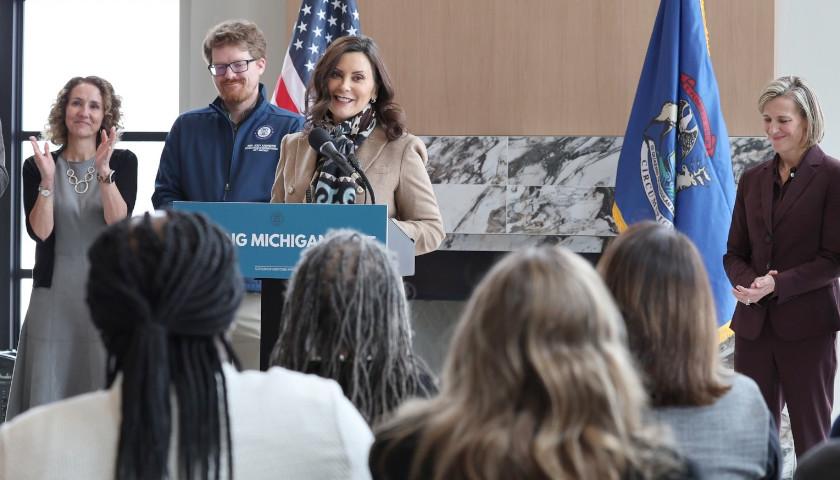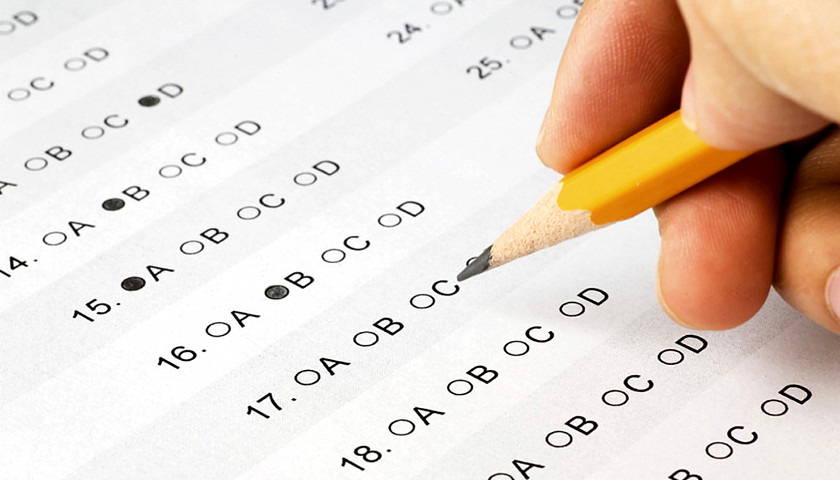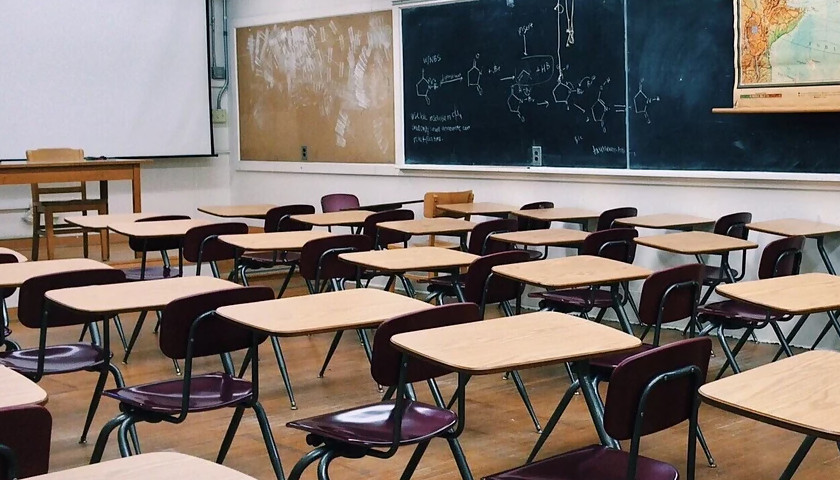The Michigan Department of Education posted a document on its website that encourages people to watch a YouTube video about systemic racism, but it contains inaccurate information about finances in the state’s public school system.
The document was published in July 2020 by an entity called the Governor’s Educator Advisory Council two months after George Floyd was killed in Minnesota by a police officer, and while riots were taking place in many U.S. cities. The document promotes and links to a video titled “Systemic Racism Explained,” telling visitors it “is a good place to start.” But the video suggests that Michigan school districts which service low-income communities get less funding than others. The claim is not accurate; the reverse is true.
The video tells a story of two youths – an African-American child named Jamal and a white child named Kevin – and how their school districts are funded. The fictional students are said to live a few streets from each other.
Read More











